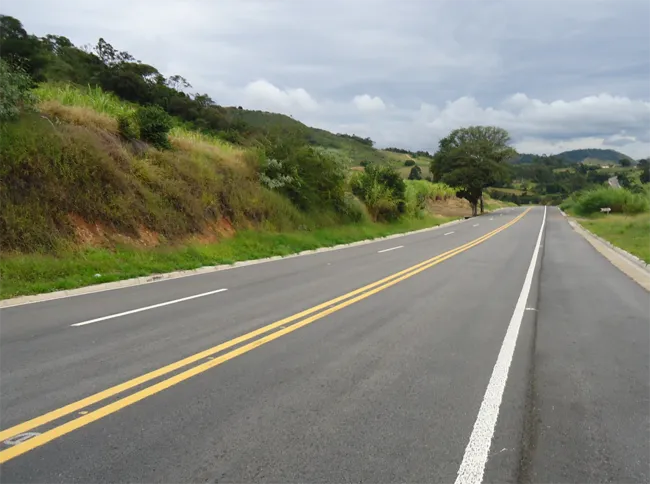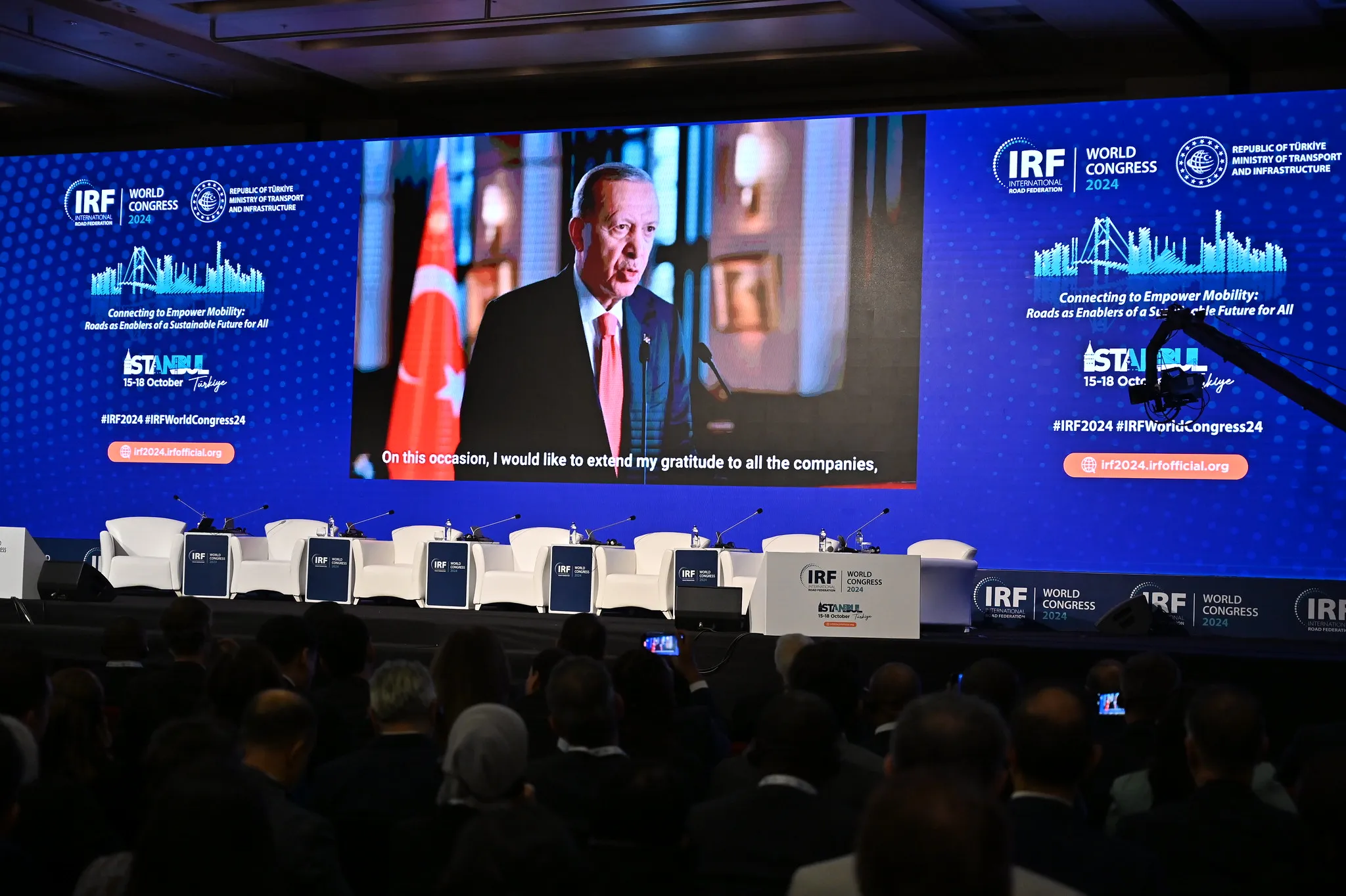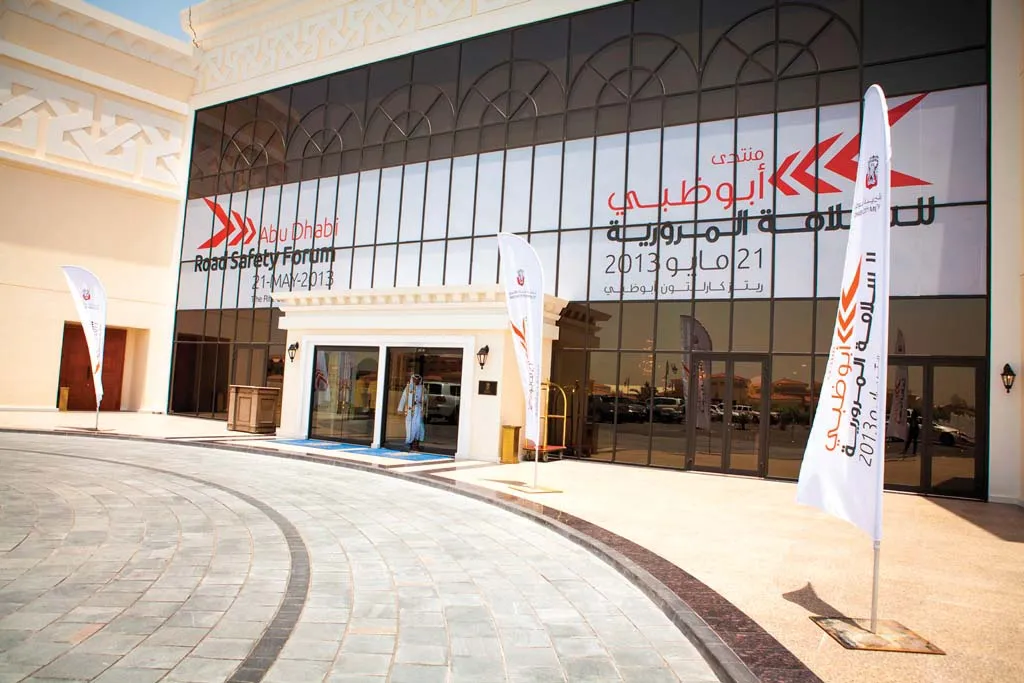Delcan has been awarded the International Road Federation’s (IRF) 2012 Global Road Achievement Award (GRAA) for quality management services on the Maryland Intercounty Connector project. The award was shared with the project owner, the Maryland State Highway Administration. A multi-disciplinary engineering, planning, management and technology firm, Delcan said the Award’s judges made their decision after looking at the technical quality, risk and cost control, of the Maryland Intercounty Connector (MIC) pr
January 31, 2013
Read time: 2 mins
A multi-disciplinary engineering, planning, management and technology firm, Delcan said the Award’s judges made their decision after looking at the technical quality, risk and cost control, of the Maryland Intercounty Connector (MIC) project, compared to its Award rivals.
The US$2.6 billion MIC project, which included the construction of a 30.25km (18.8mile) road, 66 bridges, seven interchanges, more than 28,956m of noise walls and 41 retaining walls.
Connecting two major Interstates thus providing a vital link in the network that supports the nation’s capital, the new MIC road is said to have improved regional mobility, safety and goods movement.
“As a winner of four IRF awards for quality management since 2006, Delcan has gained credibility in its efforts to convince industry leaders that quality is the most important factor in determining a project’s legacy,” said Brian Stearman, president of Delcan’s Infrastructure Business, National Operations.
The IRF developed the GRAA program as a way to honour and recognise road-industry projects that demonstrate excellence and innovation in road development worldwide. Since the GRAA program was first initiated in 2000, organisations in more than 30 countries have received a total of 105 awards. Delcan has won ten of these awards, more than any other firm.








